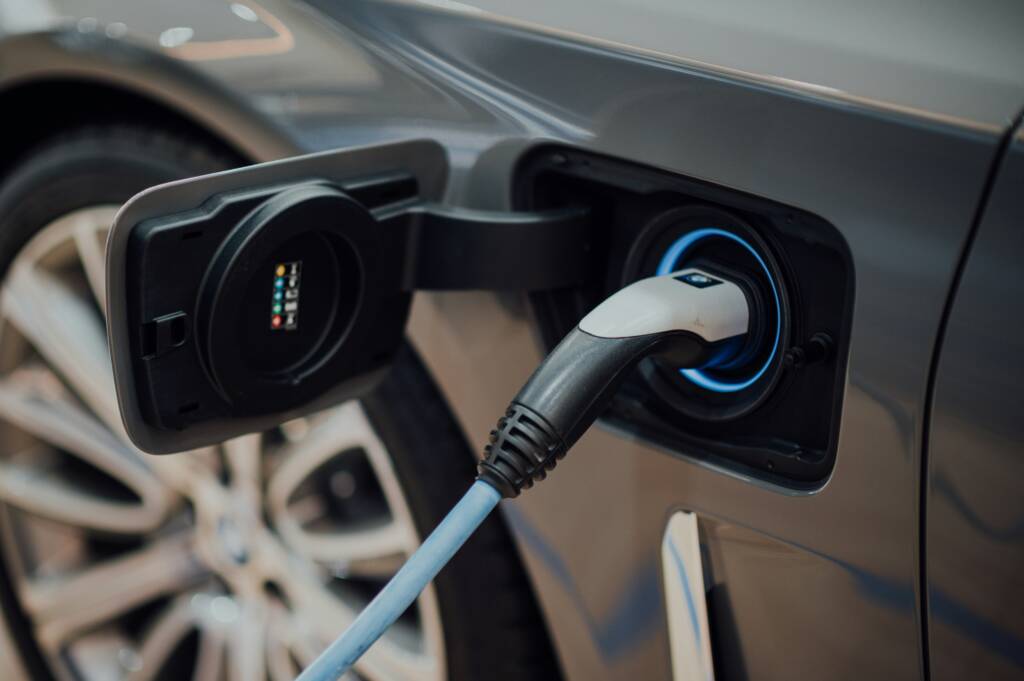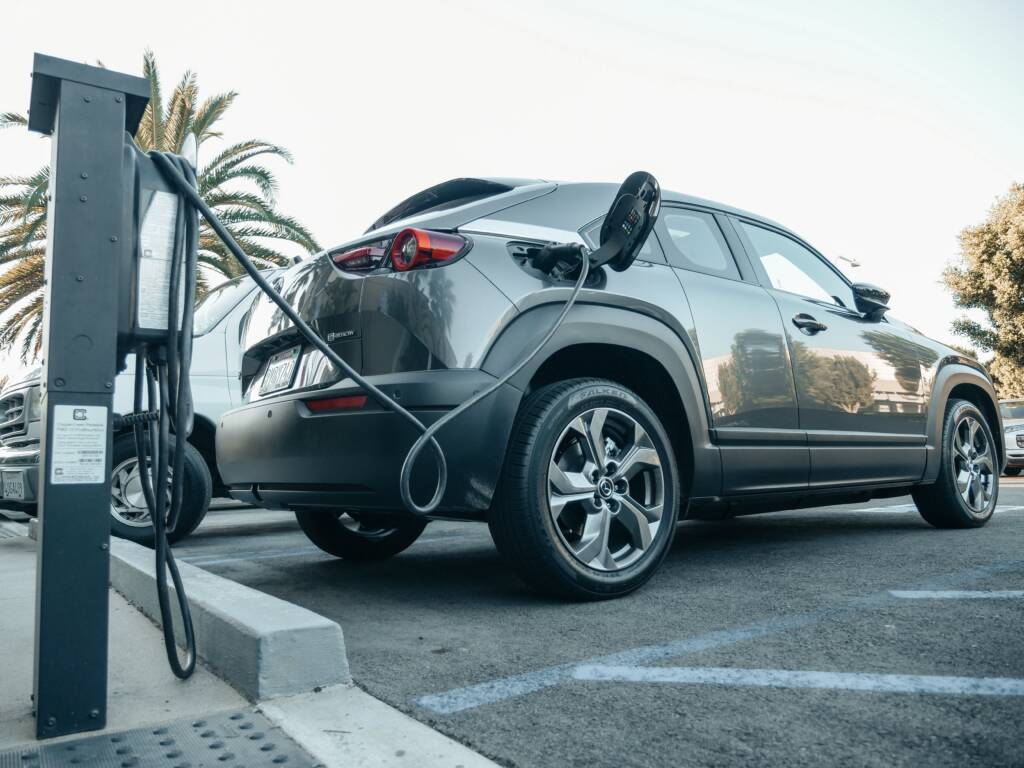Charging your EV at home can be pretty simple, you might not even need to install or purchase any specialized equipment.
When you buy an EV, you will see that it comes with a charging wire that fits into a standard outlet to extend the vehicle’s range by a few miles each hour, making it a reliable way to juice your car faster and at home!
Installing An EV In Your Home
Many electric vehicle (EV) owners can meet their daily driving range needs by using Level 1 equipment to charge overnight. This requires no additional installation or expenditure, as long as there is a power outlet on a dedicated branch circuit close to where they park.
For drivers with irregular schedules, lengthier trips, or EVs with huge batteries that take longer than overnight (or the usual dwell time) to fully charge, Level 2 charging equipment can be installed.
The majority of Level 2 items come with status LEDs and standard safety measures. Features including data gathering, user interface systems, improved displays, charging timers, communications capabilities, and keypads are included in more sophisticated, “smart” Level 2 goods. Buying equipment with safety certification is advised, and we at Energy Sabal can help you with that.


Electricity Costs For Charging Your EV
Kilowatt-hours (kWh) per 100 miles are a unit of measurement for an electric vehicle’s fuel efficiency. The cost of power (in dollars per kWh) and the vehicle’s efficiency (the amount of electricity needed to drive 100 miles) must be determined to determine an EV’s cost per mile.
What Features Should I Look For In A Home EV Charger?
- A cord that’s 20 feet or longer
- Underwriters Laboratories (UL) or Intertek (ETL) certification
- Wi-Fi connectivity
- The right and ideal amount of power
Simply explained, for better flexibility in charging your electric car, always look for an EV charger with a cord length of at least 20 feet. Give preference to chargers that have been certified by Underwriters Laboratories (UL) or Intertek (ETL) to guarantee safety and compliance with industry requirements. For those who like “smart” chargers, Wi-Fi connectivity can offer data tracking and control options, while it may not be necessary for most users. Power balance is important; nevertheless, too much power isn’t always a good thing. Finding a balance that satisfies your pricing requirements while avoiding needless expenses or hazards is crucial.
Contact Us Today to Help You With Your EV Charging
We at Energy Sabal will assist you with installing your EV charger at home. We will go over the installation procedure and your rate plan with the electric company. This will allow you to charge your car independently while at home and keep your electric cost within budget.

